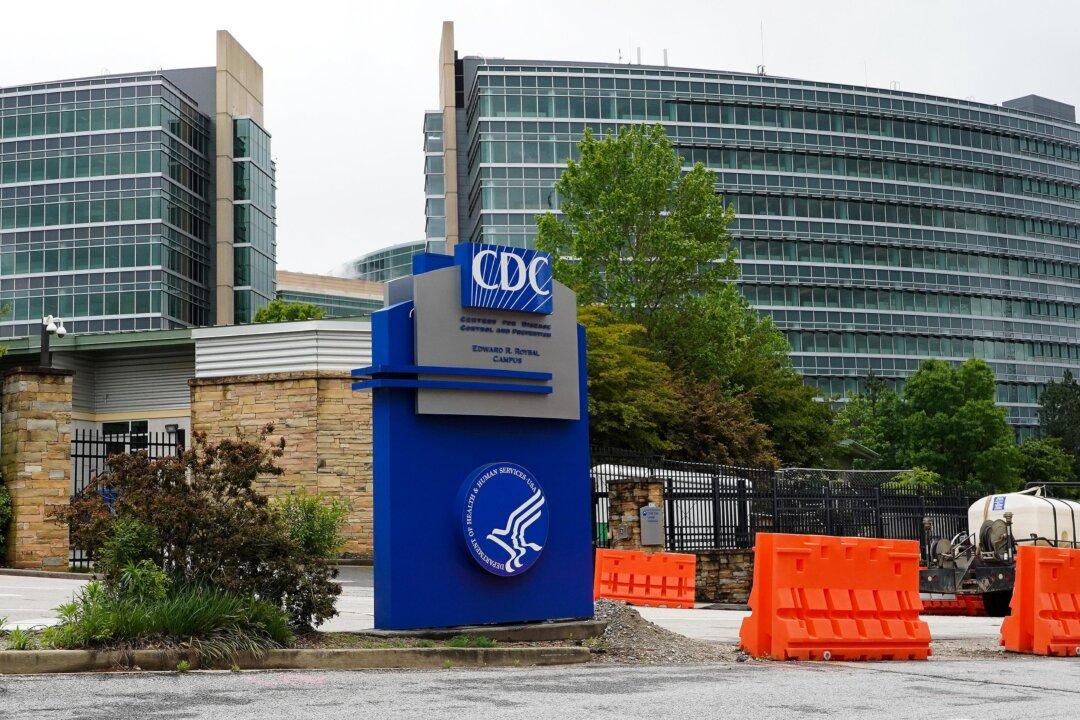The U.S. Centers for Disease Control and Prevention (CDC) has issued a warning about an outbreak of fungal meningitis among people who visited two surgical clinics in Mexico.
“Current fungal meningitis outbreak: Affects people, including U.S. residents, who had epidural anesthesia in Matamoros, Mexico. Fungal meningitis can be a severe illness," the CDC said in a June 7 tweet. “Find out who is at risk and share this post with family and friends.”





